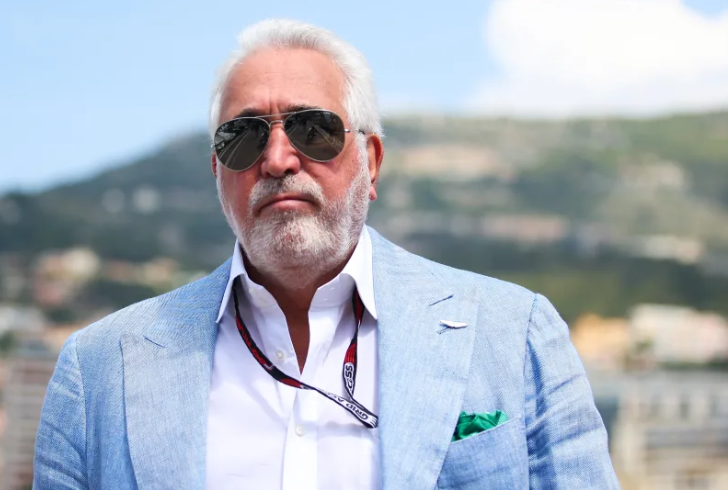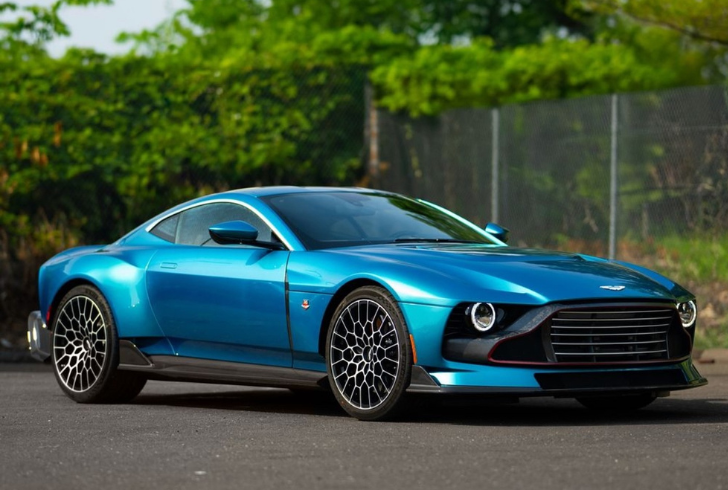Aston Martin, the iconic British luxury car manufacturer known for its association with the legendary character James Bond, has announced a delay in the release of its first electric vehicle (EV). Initially slated for 2025, the launch of the Aston Martin EV has now been pushed back to 2026.
This shift is attributed to a lower-than-expected demand for battery electric vehicles among luxury car buyers. As the market for electric vehicles evolves, Aston Martin is reassessing its strategy to align with consumer preferences while navigating the challenges of electrification.
Shifting Consumer Demand

The Executive Chairman of Aston Martin, Lawrence Stroll, shared insights into the decision-making process regarding the company’s EV strategy. He highlighted that the anticipated demand for battery electric vehicles at Aston Martin’s luxury price point has not materialized as expected.
Stroll noted, “The appetite for fully electric models at the higher end of the market isn’t as strong as we predicted two years ago.” This statement reflects a broader trend within the automotive industry, where many manufacturers are re-evaluating their electrification timelines.
Hybrid Vehicles Gain Popularity
Interestingly, there appears to be a growing preference among consumers for hybrid vehicles over fully electric options. Stroll emphasized that “customers want a taste of electrification but still desire the traditional sports car experience—complete with the sound and feel.” This insight illustrates the unique position Aston Martin occupies within the market, where performance and luxury intersect with sustainability.
- Consumers are increasingly leaning towards plug-in hybrids.
- The desire for the “sports car smell and feel” remains strong.
- Aston Martin’s first hybrid supercar, the Valhalla, is set to enter production this year.
This preference for hybrids aligns with the company’s strategy to maintain its legacy while incorporating new technologies. The Valhalla, with its blend of performance and electrification, exemplifies Aston Martin’s commitment to offering cutting-edge models without sacrificing the driving experience that enthusiasts cherish.
Financial Landscape
Despite the delays in the Aston Martin EV launch, the company has seen a narrowing of its annual losses. Recent reports indicate that the brand’s pretax losses for the fiscal year have halved, attributed largely to record prices achieved for their luxury and special edition models. The introduction of the Valkyrie and other limited editions has resonated well with customers, contributing to improved financial performance.
The Market’s Reaction

Investors reacted cautiously to the news, with shares dipping slightly as concerns about cash flow and production volumes emerged. While Aston Martin had initially aimed to achieve positive free cash flow in the fourth quarter, challenges with the timing of deliveries for models like the DB12 and Valour have impacted that goal. However, the company remains optimistic about generating positive cash flow in the second half of the year.
- Analysts anticipated a loss of approximately £209 million, but the actual figure came in lower at £171.8 million.
- The company has maintained its near- and medium-term forecasts, indicating a stable outlook.
As Aston Martin positions itself in the ultra-luxury segment, substantial investments in marketing and development are critical. Analysts have pointed out that “this pivot is not without its costs,” underscoring the challenges faced by the brand as it works to solidify its market presence amid shifting consumer preferences.
The Future of Aston Martin EV
Aston Martin EV launch has been delayed to 2026, but the company is actively pursuing partnerships and technological advancements to strengthen its position in the competitive electric vehicle market. Through a collaboration with Lucid Group, Aston Martin aims to develop innovative battery technologies and platforms that will support future electric models.
Despite competition from established players like BYD, Aston Martin remains confident in its technological advancements and commitment to delivering high-quality electric vehicles that align with its brand’s heritage. The delay in the launch reflects a thoughtful approach to evolving market conditions and consumer preferences, ensuring that the final product meets the high expectations associated with the Aston Martin brand.

